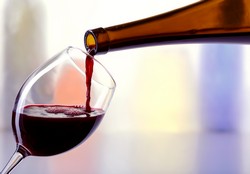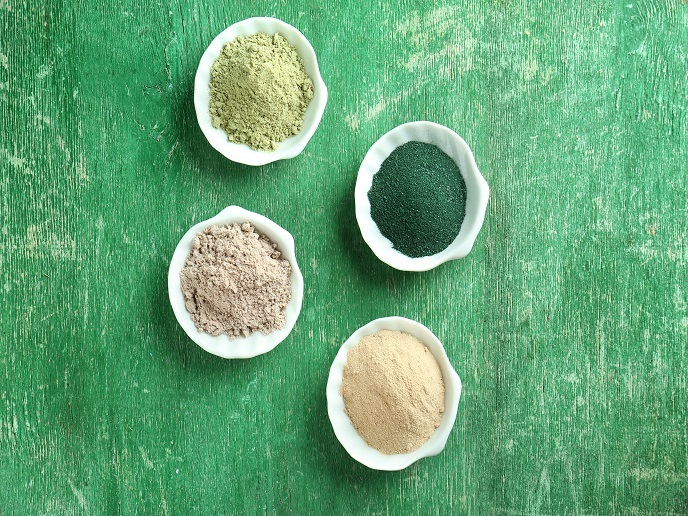Compounds that stabilise wine
When wines produced in the EU are exported, storage conditions can lead to tartaric acid and potassium crystals forming. These crystals – although natural components of grapes – create a deposit that consumers dislike. To prevent these crystals from forming, winemakers use techniques to stabilise their wine before bottling. These stabilisation techniques can be expensive, however, and have a negative impact on wine quality and the environment. As such, wine producers in Europe and elsewhere have been looking for alternative ways to stabilise their wines. Scientists from the EU-funded STABIWINE(opens in new window) (Use of biopolymers for sustainable stabilization of quality wines) initiative recognised the potential of biopolymers, natural compounds that can be obtained from agricultural by-products, to solve the problem. Using biopolymers, they have uncovered new ways to stabilise proteins and tartaric acid in wine and prevent the formation of these crystals. To do this, the researchers isolated various molecules that had the potential to work as stabilisers. They then tested and researched these chemicals to establish how effective they were and whether they were harmful to humans. They found that polyaspartate – a compound made up of components similar to those in proteins – could successfully inhibit tartaric crystal formation. Among other benefits, polyaspartate worked in all types of wine, had no effect on quality and was harmless to humans. It was also biodegradable and produced from natural, renewable raw materials. Project scientists identified a second compound with potential to inhibit protein crystal formation in wine. They are still researching methods for using this compound at an industrial scale. The compounds identified by STABIWINE – particularly polyaspartate – will offer revolutionary alternative methods for wine producers to stabilise their products. These methods promise to be inexpensive and environmentally friendly, and have no impact on the quality of the wine.







